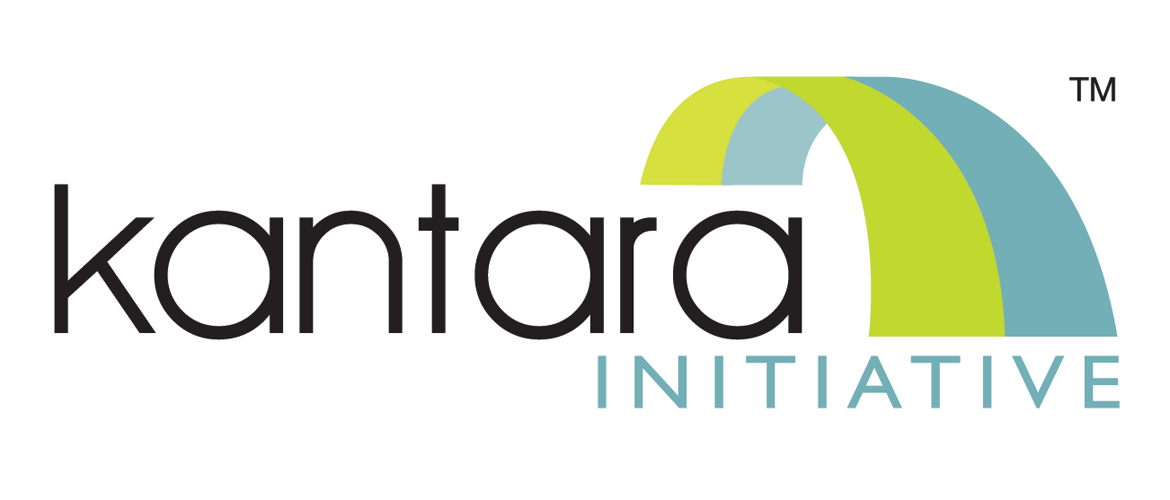Our 2023 #DEIA survey is now open! Click here to participate!
There is growing recognition that not all identity solutions are created equal with some disproportionately impacting traditionally underserved populations
Q & A With Matt King, Director, Governance, Risk & Compliance at Socure
- What value do you think membership/certification from Kantara brings?
- Kantara certification is a clear way for vendors to differentiate their offerings in the marketplace. Neutral bodies such as Kantara help provide assurance that companies such like us have met the rigorous requirements in government policies and standards that ultimately provide benefit to the end user.
- Kantara certification is a clear way for vendors to differentiate their offerings in the marketplace. Neutral bodies such as Kantara help provide assurance that companies such like us have met the rigorous requirements in government policies and standards that ultimately provide benefit to the end user.
- How have you used your Kantara membership/award to commercial advantage?
- By having the Kantara certification, we are better positioned to engage with agency leaders to showcase that our identity verification and fraud prevention technology can solve their needs while meeting requirements. This has translated to numerous engagements across Federal and State agencies. Kantara also has a diverse membership that has provided us with great opportunities to engage and innovate with other SMEs on identity standards and best practices.
- By having the Kantara certification, we are better positioned to engage with agency leaders to showcase that our identity verification and fraud prevention technology can solve their needs while meeting requirements. This has translated to numerous engagements across Federal and State agencies. Kantara also has a diverse membership that has provided us with great opportunities to engage and innovate with other SMEs on identity standards and best practices.
- Tell us about a particular project or initiative you are working on/have worked
- Socure currently supports Florida’s Homeowner Assistance Fund (HAF). The HAF helps rebuild Floridian homes and lives after devastating impacts. We are really proud that our identity verification solution is being used to verify identities of individuals applying for financial assistance programs while significantly reducing fraud and improving the user onboarding experience to make it easier for those individuals to receive benefits quickly and safely.
- Socure currently supports Florida’s Homeowner Assistance Fund (HAF). The HAF helps rebuild Floridian homes and lives after devastating impacts. We are really proud that our identity verification solution is being used to verify identities of individuals applying for financial assistance programs while significantly reducing fraud and improving the user onboarding experience to make it easier for those individuals to receive benefits quickly and safely.
- Why do “standards matter”?
- Standards allow for interoperability among disparate systems so they can operate seamlessly when connected. When those connections happen according to a framework established by a standard, the resulting outcome is a classic example of the whole being greater than the sum of its parts. This interoperability and consistency helps government agencies to do business with vendors that provide the best overall value. Without standards, it is harder to do comparisons between solutions and confirm that the intended outcomes are being achieved. Ultimately, standards should be elements that continue to evolve over time and need to keep pace with the changing technology landscape to avoid becoming a hindrance to progress.
- Standards allow for interoperability among disparate systems so they can operate seamlessly when connected. When those connections happen according to a framework established by a standard, the resulting outcome is a classic example of the whole being greater than the sum of its parts. This interoperability and consistency helps government agencies to do business with vendors that provide the best overall value. Without standards, it is harder to do comparisons between solutions and confirm that the intended outcomes are being achieved. Ultimately, standards should be elements that continue to evolve over time and need to keep pace with the changing technology landscape to avoid becoming a hindrance to progress.
- Which areas of the identity sector do you feel would benefit most for standardization and interoperability?
- All of them. Of particular importance:
- Inclusivity – identity verification solutions must be designed to consider the widest range of user populations. Standards can help promote best practices to consider the underserved and avoid bias.
- Advanced remote proofing processes – leveraging the latest technologies that enhance the quality of identity proofing while reducing friction in the user experience
- Performance data and metrics – as a first step, the industry needs to collect data to measure performance and then establish methods to measure that data and test performance.
- Fraud mitigation measures – more focus on fraud mitigation measures applied in accordance with the level of risk and with consideration for user consent and privacy.
- Inclusivity – identity verification solutions must be designed to consider the widest range of user populations. Standards can help promote best practices to consider the underserved and avoid bias.
- All of them. Of particular importance:
- What have the past 2 years taught you about identity?
- Many within the industry have known that identity verification is critical for digital service delivery. However, the last two years have helped to illustrate its importance for the broader public. Government Memoranda such as Office of Management and Budget’s (OMB) M-19-17 issued back in 2019 were ahead of their time and now organizations have a great deal of work to catch up to the direction already set by the government.
- The pandemic forced agencies to accelerate the implementation of online identity verification solutions, but not all solutions are equal. If those agencies had been further in their journey to harness digital identity as an enabler of mission delivery, they would have been better prepared to defend against the fraud that accompanied the pandemic and sprint to provide services to those in need.
- On the other side of the pandemic, however, agencies have a better understanding of why it’s important to deploy advanced digital identity solutions that detect fraud, adhere to standards, are designed to adhere to privacy principles and generally improve the agency’s overall security posture. In addition, there is growing recognition that not all identity solutions are created equal with some disproportionately impacting traditionally underserved populations. Our Digital Identity Fairness & Inclusion Report highlights how machine learning (ML) and automated intelligence (AI) impacts financial inclusion for around 45 million credit-invisible people, including younger adults, immigrants, and the underbanked.
- Many within the industry have known that identity verification is critical for digital service delivery. However, the last two years have helped to illustrate its importance for the broader public. Government Memoranda such as Office of Management and Budget’s (OMB) M-19-17 issued back in 2019 were ahead of their time and now organizations have a great deal of work to catch up to the direction already set by the government.
- What is your prognosis for the future?
- The US will finally catch up with the rest of the world and take a stronger stance on digital identity verification solutions. The challenges faced today in deployment across US sectors will fade as we promote interoperability on a global scale. Identity verification providers will be critical partners for the government as this approach is developed and bodies such as Kantara will help to confirm that the associated outcomes produced are in light of government requirements.
- The US will finally catch up with the rest of the world and take a stronger stance on digital identity verification solutions. The challenges faced today in deployment across US sectors will fade as we promote interoperability on a global scale. Identity verification providers will be critical partners for the government as this approach is developed and bodies such as Kantara will help to confirm that the associated outcomes produced are in light of government requirements.
- What feedback would you like to give to the Kantara leadership team?
- Please continue to be future focused and work proactively to promote the evolution of standards and keep up with rapidly evolving technologies.

